Essential Nutrients Against Stress
What are the physiological manifestations of stress? Before we focus on anti-stress foods to add to our plates to limit this phenomenon, here are some physiological reminders.
What is stress?
Stress is a defense mechanism of the body. It allows the body to respond to external aggressions and prepare to defend, flee, or deal with an extraordinary situation.
Nowadays, stress is caused by intensive and repeated demands: daily life, professional life, social relationships, etc.

The mechanisms of stress involve hormonal interactions. In a stressful situation, the sympathetic nervous system triggers the release of adrenaline into the bloodstream.
This hormone, synthesized by the adrenal glands, in turn causes the release of noradrenaline (by the central nervous system).
These two hormones are responsible for the heightened state of alertness observed in stress situations. The heart rate increases, muscles become more toned, breathing accelerates… The manifestations of stress vary from person to person.
The release of these two hormones has several consequences: the leakage of magnesium from cells – magnesium is an anti-stress element, and the release of cortisol, the stress hormone.
When the perceived threatening situation disappears, the body returns to its normal state.
Read also | Guide to Buying the Best Natural Anti-Stress Supplements
If stress conditions persist, it leads to chronic stress. It begins with the alarm phase, followed by a resistance phase (where stress symptoms persist), and finally the exhaustion phase (where stress complications begin to appear).
It’s best to avoid such conditions by promoting an anti-stress diet.
Relying on Magnesium to Combat Stress

When stress manifests, magnesium is massively excreted through urine. This element is therefore essential in regulating this state.
Read also | What to Know about Buying Magnesium
Indeed, it is known for its anti-fatigue effects. It also improves nerve impulse transmission and lowers blood cortisol levels.
Tryptophan, an Anti-Stress Ally

Tryptophan is an amino acid obtained through diet since the body does not store it. This element is a precursor of serotonin, the well-being hormone. Found in milk proteins, it is also recognized for its benefits on sleep.
Omega-3, Fatty Acids Against Anxiety
Indeed, omega-3s provide numerous benefits. Good for the brain, effective for finding sleep, they also help combat stress daily.
Read also | How to Choose the Best Omega-3s
They exert an inhibitory effect on cortisol secretion and stimulate serotonin secretion. They limit stress effects and promote well-being.
The Power of Vitamins Against Stress

B group vitamins, notably vitamins B6, B9, and B12 have an anti-stress effect and help combat depression. Vitamin C has a stimulating effect, limits fatigue, and lowers blood pressure. Positive effects against stress.
Relying on Trace Elements Daily
Certain trace elements are good for the brain and reduce stress levels. Iron, zinc, and copper promote good brain function.
The Soothing Virtues of Plants
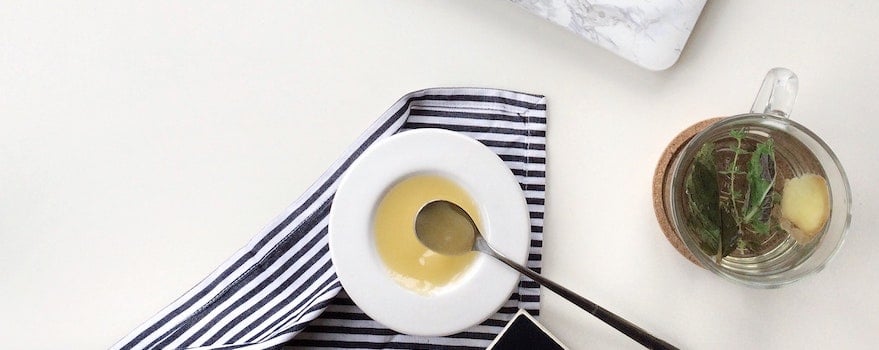
Certain plants contain elements with soothing, relaxing, and anxiolytic properties. Consuming herbal teas containing the active ingredients of these plants helps to reduce stress effects.
15 Anti-Stress Foods to Add to Your Menu
Eliminating stress is possible by adding certain foods to your menu! You will notice the benefits of this anti-stress diet yourself after a few days or weeks.
Dark Chocolate
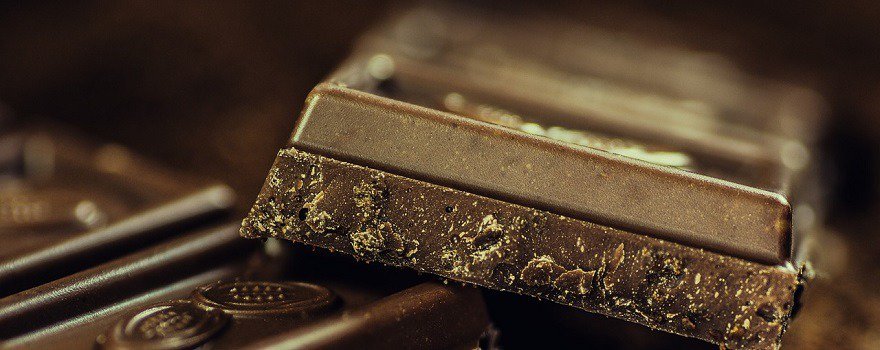
Chocolate is often referred to as “the ultimate anti-stress food.” Rich in magnesium, its consumption triggers the release of serotonin and endorphins, which promotes individual well-being.
It is better to consume dark chocolate (75% cocoa), or even better, raw cocoa! One to two squares per day is enough.
The banana
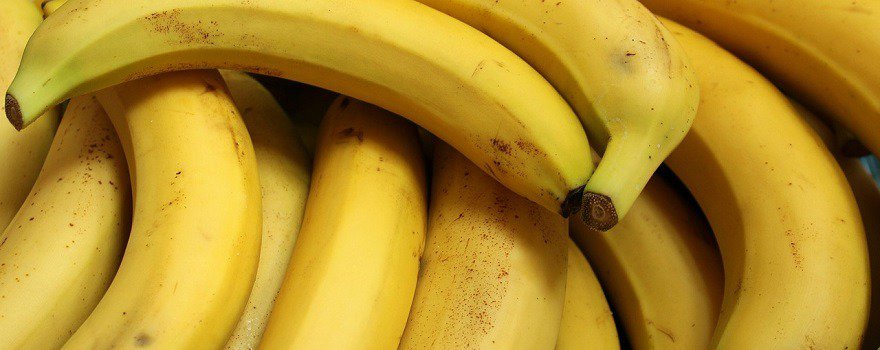
This fruit is very rich in magnesium, but also in tryptophan, the precursor to serotonin, which is also beneficial for sleep. Its effects against stress are therefore undeniable.
To be consumed plain, without added sugars, for breakfast or as a dessert. It is preferable to consume organic products to better benefit from the nutrients and avoid harmful products for health.
Fatty fish
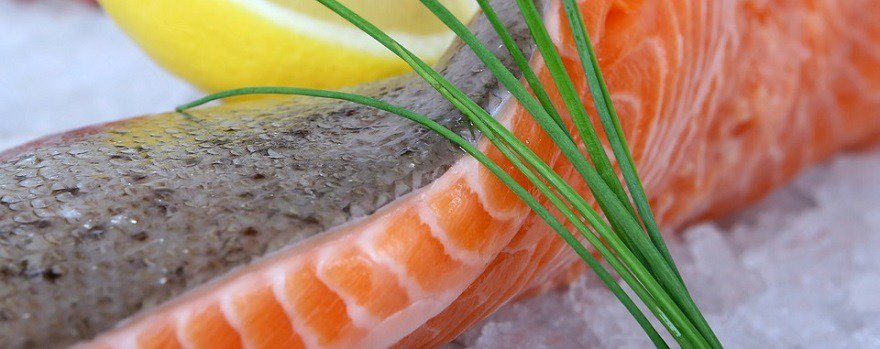
Omega 3s, known for their anti-stress effects, are found in fatty fish like salmon, mackerel, or sardines. Eating fish at least twice a week is advised. So why not choose fish rich in omega 3.
To prioritize a healthy diet, steaming, oven, or grilling are recommended cooking methods. Consume this fish with a portion of wheat, potatoes, pasta, or rice and a portion of vegetables with a light dessert for an excellent meal.
The avocado
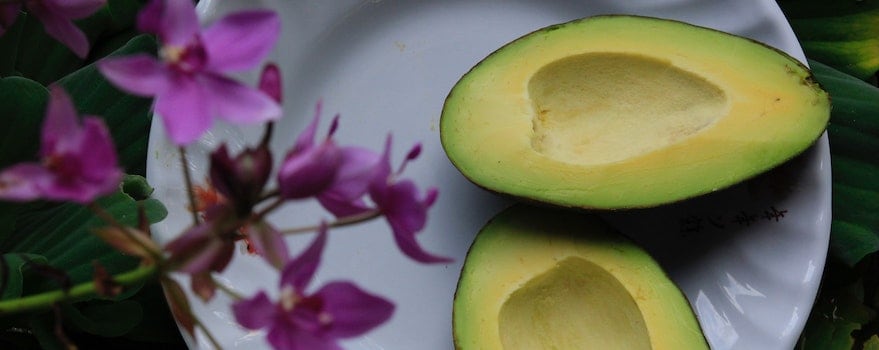
The avocado contains B vitamins, monounsaturated fatty acids, and magnesium. An effective combination to include in your anti-stress diet.
Perfect for making salads, the avocado can also be included in an avocado toast or a light sandwich with chicken breast and tomatoes, for a quick meal.
Citrus fruits
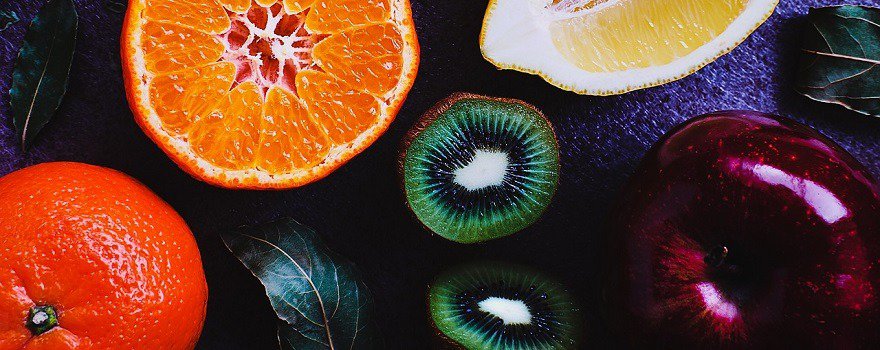
To fill up on vitamin C, consume citrus fruits: oranges, lemons, grapefruits…, but not only! Kiwis are also very rich in vitamin C (and B9 vitamins), which have a stimulating effect on the immune system.
It also has antioxidant effects, which limit the production of free radicals related to stress.
Fruits are ideal foods for making desserts. Consuming citrus fruits and kiwis in a fruit salad multiplies the beneficial effects against stress.
Green vegetables
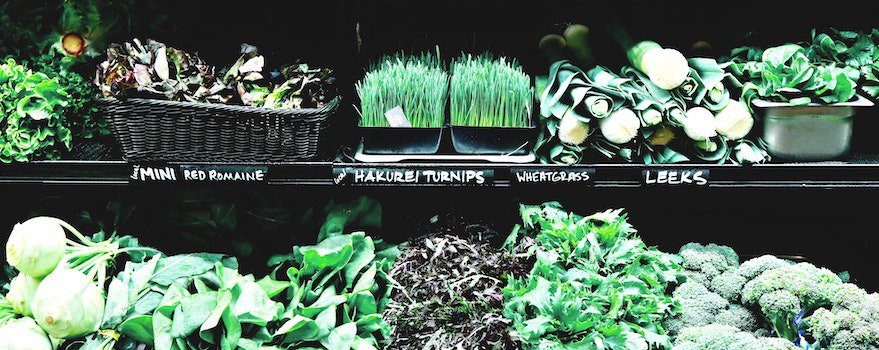
Watercress, parsley, and spinach contain B9 vitamins and magnesium: an anti-stress duo. So don’t hesitate to add them to your menu.
Low in calories, these green vegetables can be consumed cooked, prepared, or pureed for spinach. Watercress is prepared in salads.
Honey, the bees’ treasure
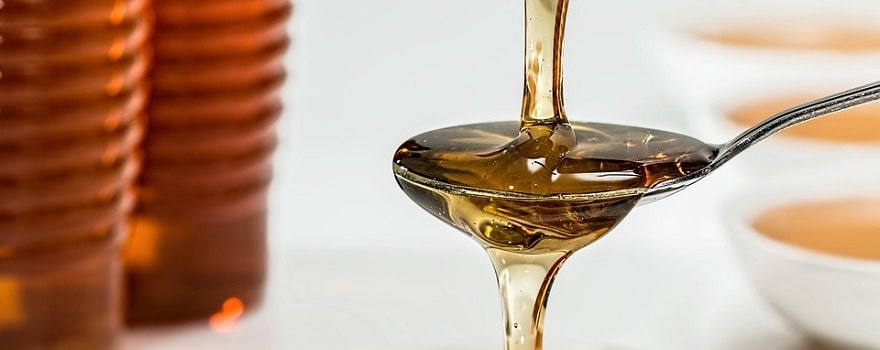
Honey is a food known for its many virtues. Rich in antioxidants, B and C vitamins, its antiseptic and antibiotic effects are well known. Eating honey triggers the release of endorphins, hormones that promote well-being.
To limit refined sugar intake, it’s better to sweeten tea or hot drinks with honey.
Dairy products
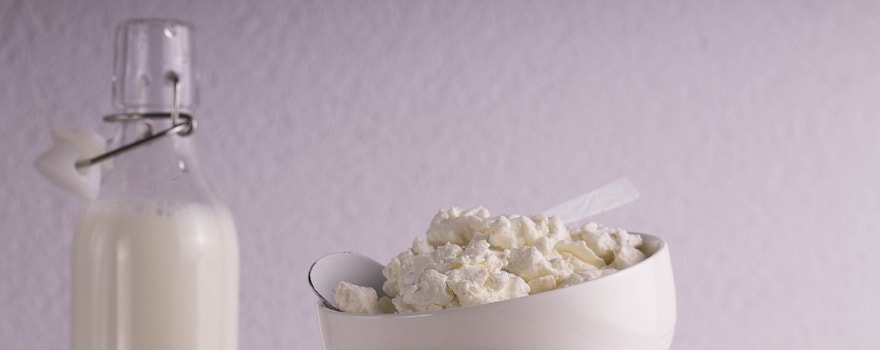
Yogurts, milk, and cheeses contain calcium, and as we mentioned above, tryptophan (in milk proteins).
Yogurts make excellent desserts. As for milk, it’s better to opt for semi-skimmed or skimmed milk, lighter than whole milk, preferably from organic farming.
Foods containing whole grains
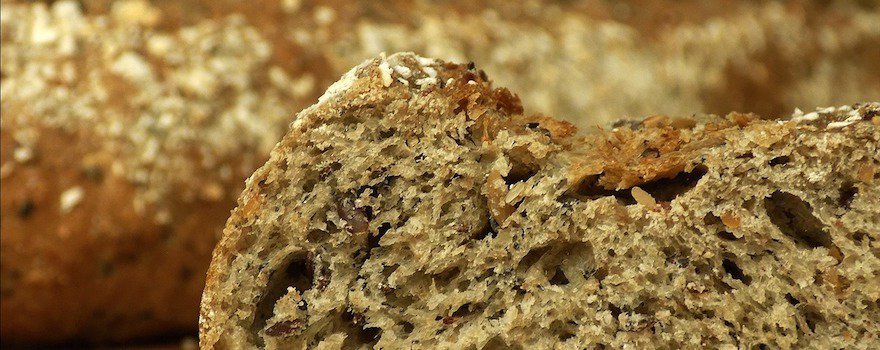
Whole-grain bread, crackers, whole wheat pasta are also anti-stress foods. They contain magnesium and tryptophan, elements whose positive effects you now know!
Interesting for their low glycemic index, these foods ensure a progressive energy supply throughout the day or during the night. Whole wheat bread and crackers are ideal for breakfast. A portion of whole wheat pasta, accompanied by a portion of vegetables constitutes an ideal meal base, for lunch or dinner.
Oat flakes
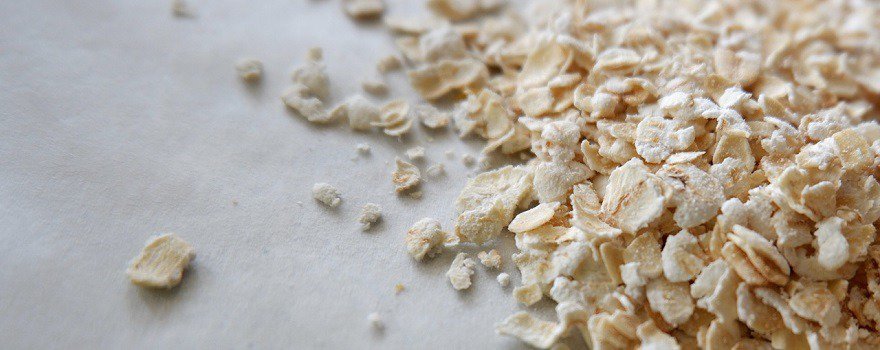
Oat flakes contain magnesium, B vitamins, E, potassium, and calcium. These elements have a beneficial effect against stress. Their fiber richness promotes intestinal transit and good digestion.
To be consumed at breakfast, in a bowl of cow’s or plant-based milk, or as a snack around 4 p.m.
Nuts
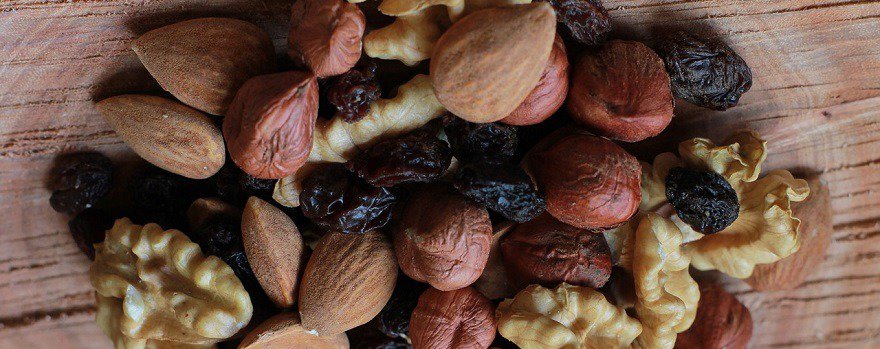
Almonds, hazelnuts, walnuts, and pistachios are rich in magnesium, B vitamins, and vitamin E. Nuts are the ultimate anti-stress foods! Vitamin E helps to combat oxidative stress caused by the buildup of free radicals in the body and limits their production.
For snack breaks, eating one to two handfuls of nuts, hazelnuts, almonds, or pistachios allows you to enjoy a nutritious and satisfying snack.
Eggs
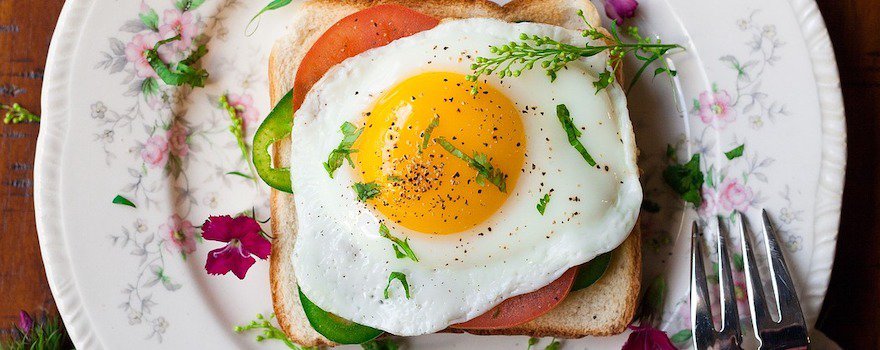
Good for the brain and muscles thanks to their protein content, eggs also contain B vitamins, whose anti-stress effects are proven.
Eating an egg for breakfast, accompanied by a dairy product, a fruit or fruit juice, makes for a good start to the day. An omelet, with a salad and a low-sugar dessert, is the ideal anti-stress dinner menu.
Black tea and herbal teas
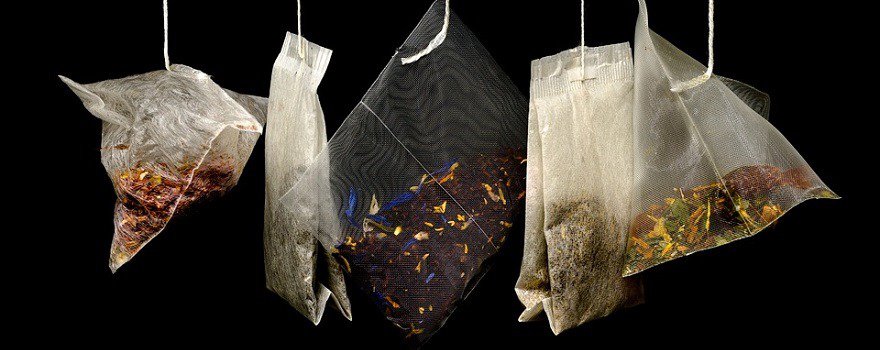
Tea has soothing properties. Consuming two to three cups of black tea a day may have an impact on blood cortisol levels. Within a few weeks, these levels tend to decrease, acting on stress symptoms.
Certain plants like hawthorn, passionflower, valerian, chamomile, linden have relaxing and calming effects. They are the basic element of calming herbal teas. To be consumed during the day, around 4 PM, to enjoy their benefits, or in the evening before bedtime.
Seaweed
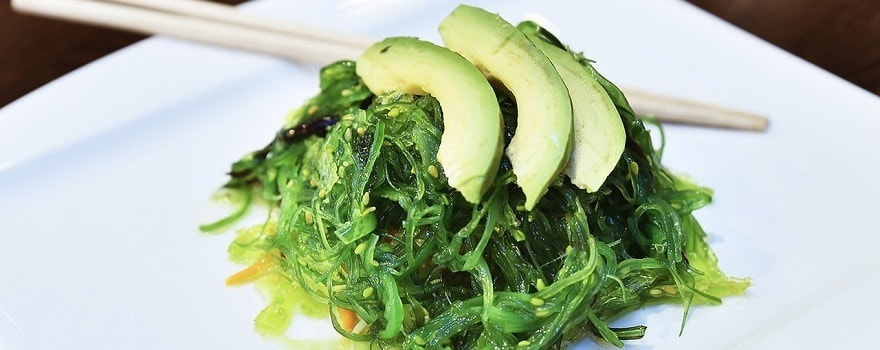
Available in stores in the form of powder or flakes, they can be added to our homemade salads and soups. Fresh seaweed can be kept in the fridge for several days.
Favor wakame, kombu, nori seaweed.
They are an ideal element for homemade cakes or cooked dishes. Just cook them with imagination.
Vegetable oils
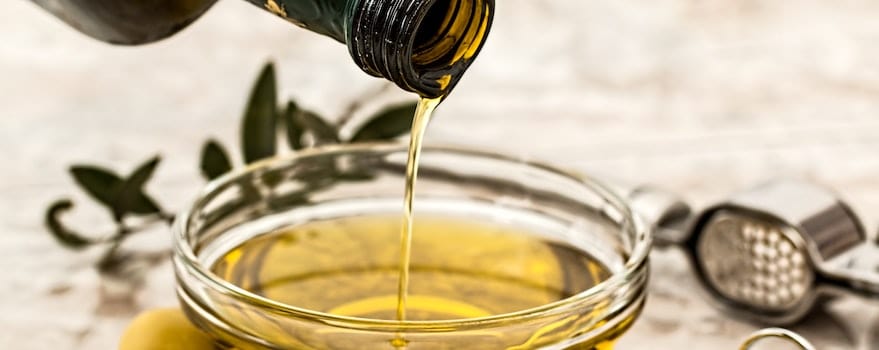
Rapeseed, walnut, or flaxseed oils contain omega-3. These fatty acids, as explained, are effective against stress. Indeed, they act on cortisol and serotonin levels, respectively the stress and wellness hormones.
To be consumed in moderation, vegetable oils are the ideal ingredient for seasoning our salads.
And drink plenty of water!

To limit the effects of stress, it is important to prioritize fruits and vegetables. Staying well-hydrated is also an important element of anti-stress nutrition, by favoring waters rich in magnesium.
Drinking 1.5 to 2 liters of water per day is essential. Avoid overly fatty and sugary foods, stimulants (alcohol, coffee), engage in regular physical activity, and prioritize good nights of sleep as guidelines to effectively combat stress every day.



